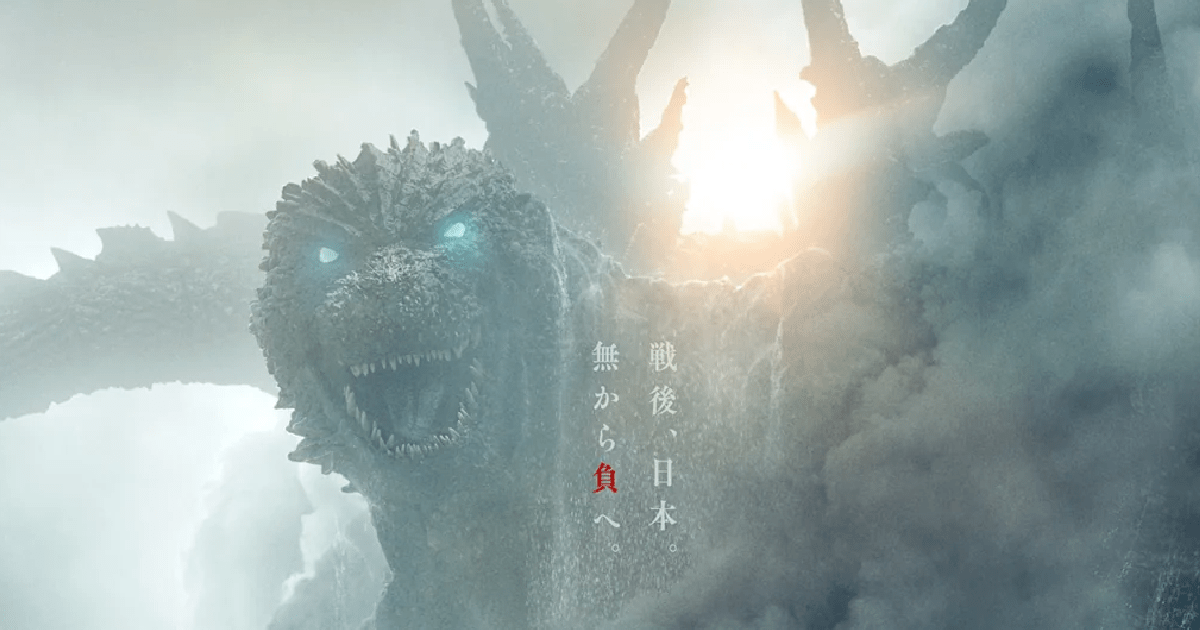This weekend, I had the pleasure of catching Godzilla: Minus One on IMAX. In many respects, the modestly priced monster feature put many of Hollywood’s productions to shame. How did Minus One only cost $15M to produce, while Indiana Jones and the Dial of Destiny cost over $300M? Something doesn’t add up.
More importantly, I walked away from Minus One with a conclusion: Godzilla works best as a bad guy.
No, the lumbering lizard shouldn’t always be the baddie. Still, my favorite interpretations of the character—the 1954 original, Godzilla 1985, Shin Godzilla, and Minus One—present the creature as a lumbering, unstoppable force of mass destruction.
I recall seeing the first trailers for Gareth Edwards’ Godzilla, which led us to believe the pic would center around humanity’s battle against the iconic kaiju. Of course, that was a cheap marketing tactic that hid its main antagonists and promised something far darker and sinister than the film we received. While I’ve come around to the flick in the years since its release—and likewise enjoyed its two sequels and the Monarch TV series—I think Edwards and Co. missed a tremendous opportunity to tell a powerful tale of man versus beast in the same vein as Minus One.
Now, Edwards’ Godzilla has transformed into a superhero who teams up with other monsters to battle bad guys like King Ghidorah and whatever that giant monkey is in Godzilla x Kong. Again, there’s room for this version of our favorite fire-breathing lizard, but it doesn’t hit as hard when clad in neon colors, sprinting (!) alongside the mighty Kong and functioning as an out-and-out good guy.
For comparison’s sake, check out this astonishing Jaws-inspired sequence from Godzilla: Minus One, which is far more intense and inspired than anything in that Godzilla x Kong trailer:
Even check out this clip from Shin Godzilla, another take on the bad Godzilla angle:
Terrifying.
I guess it all depends on how you perceive Godzilla: monster or a savior? A friend or foe? A nuclear bomb allegory or a giant Avenger? Neither is wrong, but I think Godzilla is more memorable knocking down skyscrapers and blasting Tokyo with his atomic breath.
Forming a human drama around a villainous Godzilla works better since the filmmakers don’t have to focus on creating a plausible scenario to pit two titans against each other. In Minus One, the story centers around a disgraced WWII kamikaze pilot who happens upon a woman and a baby stranded in the streets after the war. Godzilla acts as a ginormous plot device, propelling the story from Point A to Point B. The human element — not the giant CGI lizard — provides the film’s emotional backbone.
In the movie Godzilla vs. Kong, the focus is more on the Titans than the human characters. While the destruction scenes are impressive, and the computer-generated effects are stunning, the story lacks depth. As a result, the movie feels like a video game, with flashy visuals and action scenes that try to make up for the lack of substance in the plot.
Again, films like Godzilla x Kong are goofy and campy fun, particularly in the middle of summer. I’m eager to see what director Adam Wingard has up his sleeve. Still, as Minus One proves, evil Godzilla provides more creative directions for filmmakers to tackle. Legendary would do well to remember that when it eventually reboots the franchise.

